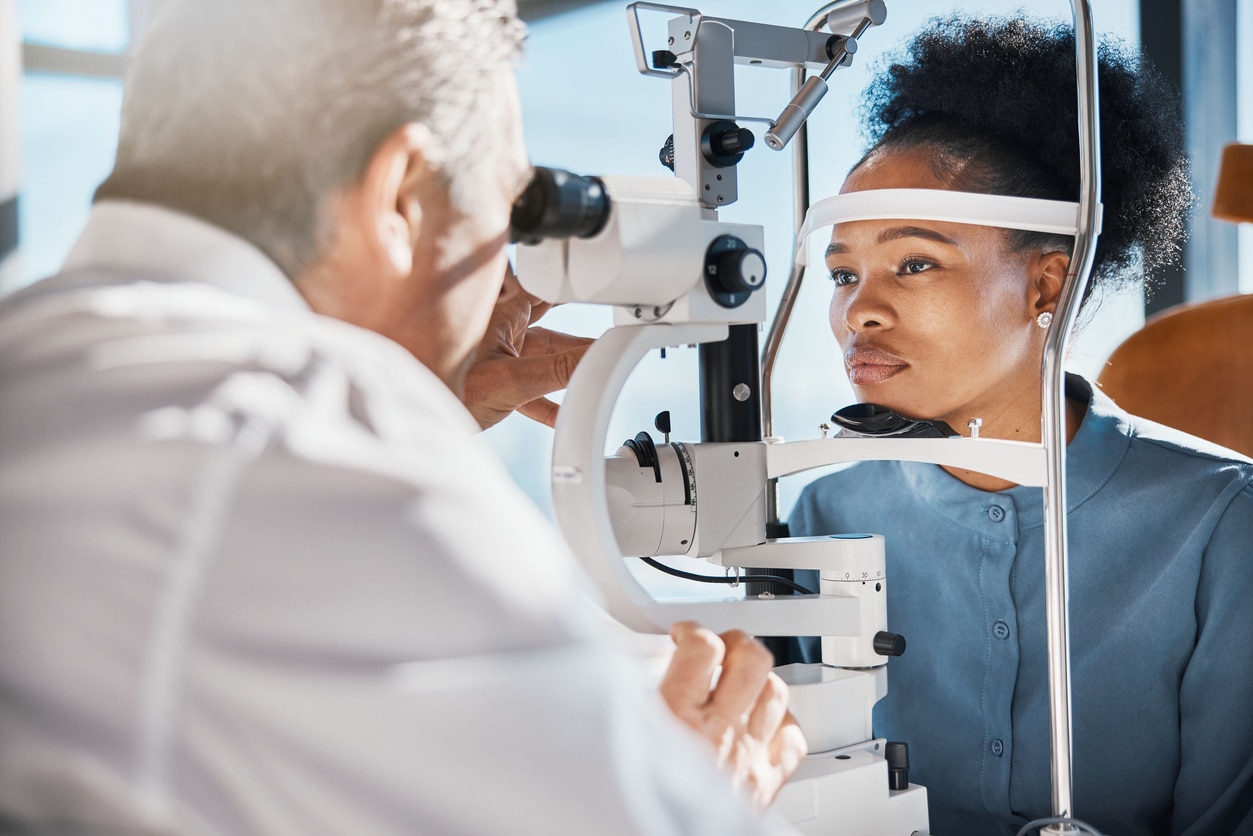All Categories
Featured
Table of Contents
Eye wellness is a crucial component of overall wellness, and regular eye tests play an important duty in preserving great vision throughout life. Each age has specific demands and risks associated with eye wellness, making it crucial to adhere to customized suggestions for eye exams. Here's a detailed overview of just how typically eye tests ought to be scheduled for various age groups.
After the initial examination, youngsters must have a second eye assessment around age three, when they can better take part in screening and analysis. If no vision troubles are determined, the following exam is recommended before starting college, commonly around age five. Early discovery of issues can result in prompt treatment and support healthy aesthetic growth.
Parents need to seek signs of vision problems, such as trouble reading the blackboard, scrunching up your eyes, or experiencing headaches. It's essential to schedule an eye test immediately if any of these symptoms arise. Youngsters that join sports may benefit from annual eye tests to make sure optimum visual efficiency and safety during tasks.
![]()
Young people often experience digital eye strain because of substantial display time, causing signs and symptoms like dry skin and discomfort. Seeking an eye examination is crucial if you see these signs and symptoms. An eye treatment specialist can use remedies, such as computer system glasses or lifestyle adjustments, to reduce strain.
For people with health and wellness problems like diabetes mellitus or hypertension, even more constant tests may be needed. Normal tracking is crucial for early detection and management of prospective difficulties that can impact vision.
Seniors may also experience changes in their visual perception, such as difficulty seeing in low light or differentiating shades. Routine eye examinations enable prompt treatment and assistance maintain independence and lifestyle.
Infants (0-2 Years)
Infants undertake considerable visual development in their very early years, making early eye examinations essential. The American Academy of Pediatrics advises that babies have their first eye test at about six months old. This initial see assists determine any kind of prospective vision issues, such as strabismus (gone across eyes) or genetic cataracts, which can impact advancement otherwise addressed early.After the initial examination, youngsters must have a second eye assessment around age three, when they can better take part in screening and analysis. If no vision troubles are determined, the following exam is recommended before starting college, commonly around age five. Early discovery of issues can result in prompt treatment and support healthy aesthetic growth.
Youngsters (3-18 Years)
For school-aged children, normal eye tests are crucial for both scholastic success and general wellness. Children should have their eyes inspected each to 2 years, depending on their individual needs. Institutions often perform vision screenings, however these do not change detailed eye examinations by an eye treatment expert.Parents need to seek signs of vision problems, such as trouble reading the blackboard, scrunching up your eyes, or experiencing headaches. It's essential to schedule an eye test immediately if any of these symptoms arise. Youngsters that join sports may benefit from annual eye tests to make sure optimum visual efficiency and safety during tasks.
Young Grownups (19-39 Years)
During young adulthood, numerous individuals take pleasure in fairly steady vision, yet that does not mean eye treatment can be ignored. Young person ought to arrange detailed eye exams every two years. Those who put on contact lenses or have a household history of eye disease need to think about yearly tests.
Young people often experience digital eye strain because of substantial display time, causing signs and symptoms like dry skin and discomfort. Seeking an eye examination is crucial if you see these signs and symptoms. An eye treatment specialist can use remedies, such as computer system glasses or lifestyle adjustments, to reduce strain.
Adults (40-64 Years)
As people enter their 40s, adjustments in vision can come to be more obvious, particularly presbyopia, a problem that makes it testing to concentrate on close things. Adults in this age need to schedule eye tests each to two years. This is additionally the age when numerous eye diseases, such as glaucoma and diabetic retinopathy, can begin to develop.For people with health and wellness problems like diabetes mellitus or hypertension, even more constant tests may be needed. Normal tracking is crucial for early detection and management of prospective difficulties that can impact vision.
Seniors (65 Years and Older)
Seniors are at a boosted risk for various eye diseases, consisting of cataracts, age-related macular deterioration, and glaucoma. It's advised that people matured 65 and older have an eye examination at the very least when a year. Early discovery of these conditions is critical, as several can be treated successfully if caught early.Seniors may also experience changes in their visual perception, such as difficulty seeing in low light or differentiating shades. Routine eye examinations enable prompt treatment and assistance maintain independence and lifestyle.
Final thought.
Focusing on eye treatment and regular examinations guarantees that people can delight in clear vision and a much better quality of life, making eye health and wellness an important facet of lifelong wellness. Routine consultations with an eye treatment professional will lead the method for healthier eyes and a brighter future.Table of Contents
Latest Posts
Join WyHy FCU – Exclusive Benefits for Your Financial Success
Published en
1 min read
Join WyHy FCU – Top Benefits for Your Financial Future
Published en
1 min read
Discover Cost-Effective Auto Repairs with Montclare’s Monthly Service Specials
Published en
1 min read
More
Latest Posts
Join WyHy FCU – Exclusive Benefits for Your Financial Success
Published May 22, 25
1 min read
Join WyHy FCU – Top Benefits for Your Financial Future
Published May 21, 25
1 min read
Discover Cost-Effective Auto Repairs with Montclare’s Monthly Service Specials
Published May 20, 25
1 min read